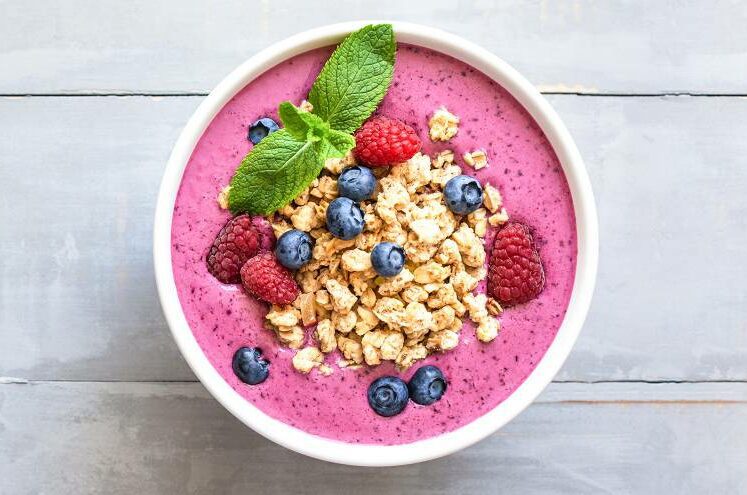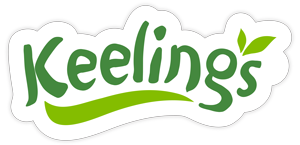Possibly one of the biggest growing dietary trends in the last number of years has been following a more plant-based diet, with an increasing percentage choosing to follow a vegan diet. In 2018, Bord Bia estimated that 8% of the Irish population were vegetarian, while 2% were vegan. I would suspect that this percentage has increased in the last 3 years. While vegan diets (if properly planned) are safe, nutritious, and healthy, just like any poorly planned diet, they can lead to health problems if not balanced!
Plant-based eating covers all kinds of lifestyle choices: those who choose to eat less meat, those who are vegetarian but include some animal products, and then those who are vegan and consume no animal products at all. Whatever your choice, increasing our intake of plant-based foods is a healthy choice for you, your budget, and our environment! Although there are many potential health benefits to basing your diet around plant-based foods, we do need to be mindful of meeting all our nutritional needs. This can be done with some careful planning.
If you decide to go vegan, it might be a good idea to make it a gradual process while you familiarise yourself with plant-based foods and new recipes. From a practical point of view, it can be a good idea to transition gradually for the gut too, as a vegan diet tends to be higher in fibre. If we suddenly increase our fibre intake too much, it can cause some digestive discomfort. Do some research, note which nutrients you need to be mindful of and perhaps invest in a vegan multivitamin.
Vegan diets are typically higher in dietary fibre, magnesium, folic acid, vitamins C and E and tend to be lower in calories, saturated fat, omega-3 fatty acids, vitamin D, calcium, zinc and vitamin B12. And remember, as vegan diets are higher in fibre, you might feel fuller, so ensure you are getting enough calories. With this in mind, we have to be very careful with vegan diets in children. I would suggest relying on lower fibre sources of plant proteins for kids and including higher fat and more refined carbohydrates to increase calories.
Some recommendations for the optimal Vegan diet:
- When it comes to protein, it’s a good idea to aim to consume 80 to 100 g of good-quality vegetable protein from foods such as soya, nuts, legumes, and cereals to distribute throughout the day
- Vitamin B12 is arguably the most important nutrient to consider in a plant-based diet. There is no unfortified plant food that provides significant levels of vitamin B12. For this reason, fortified foods or supplements are a good idea and need to be part of daily diet. Many breakfast cereals are fortified with vitamin B12 along with plant-based milks and yogurts. Nutritional yeast is a tasty product that can be added to many dishes and is full of Vitamin B12. Fermented soya products, leafy vegetables, or seaweed are not considered to be reliable sources of active vitamin B12
- Calcium rich plant-based foods like firm tofu, tahini and green vegetables, along with calcium-fortified plant milks and yogurts are the best sources of dietary calcium
- To ensure adequate vitamin D status – as with everyone in Ireland, take a daily vitamin supplement of 10ug per day
- Aim to include two servings of omega-3 rich plant foods per day such as ground flaxseed, linseed, walnuts, or walnut oil
- Iron from plant-based foods is called non-haem iron. Although it is not as well absorbed as iron from animal sources, vitamin C can enhance its absorption. So, combine plant-based sources of iron with foods rich in vitamin C to maximise absorption. E.g. Iron fortified breakfast cereal with fruit
- There is not much iodine in plant milks unless fortified, and iodine levels in food and seaweed are variable, so it’s difficult to know how much you’re getting from food. Taking a supplement will ensure you get enough



